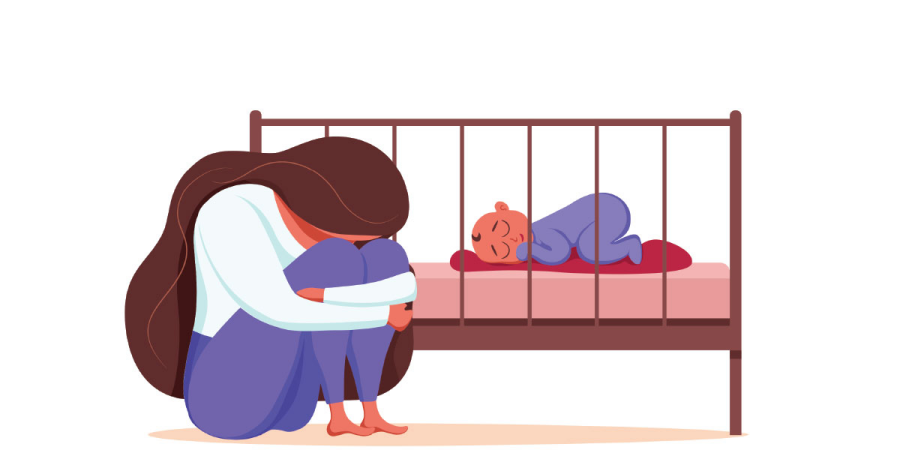

Postpartum Depression: (Understanding and Coping)
Postpartum depression is a mood disorder that affects new parents, often women, after childbirth. It's characterized by feelings of sadness, anxiety, and fatigue that can significantly impact daily life.
Causes of Postpartum Depression:
The exact causes are complex and not fully understood, several factors can contribute to its development:
Hormonal Changes
* Rapid hormone drop: The dramatic decrease in estrogen and progesterone levels after childbirth can disrupt the brain's chemistry, leading to mood changes.
Psychological Factors
* Stress and exhaustion: The physical and emotional demands of caring for a newborn can be overwhelming, leading to stress and fatigue.
* Lack of sleep: Newborns often require frequent feedings and wake up frequently, making it difficult for mothers to get enough sleep.
* Changes in relationships: The arrival of a baby can strain relationships with partners, family, and friends.
* History of mental health conditions: Women with a history of depression, anxiety, or bipolar disorder are at a higher risk of developing PPD.
* Unrealistic expectations: Societal pressures and unrealistic expectations about motherhood can contribute to feelings of inadequacy and stress.
Medical Factors
* Physical health problems: Complications during pregnancy or childbirth can increase the risk of PPD.
* Thyroid disorders: Changes in thyroid hormone levels after childbirth can contribute to mood disorders.
It's important to note that these are just some of the factors that can contribute to PPD. The experience of postpartum depression is unique to each individual, and a combination of these factors may play a role.
While it's important to note that everyone experiences postpartum emotions differently, here are some common early warning signs of postpartum depression:
* Persistent sadness or emptiness.
* Loss of interest in activities you once enjoyed.
* Changes in appetite or sleep patterns.
* Difficulty concentrating or making decisions.
* Fatigue or low energy.
* Feelings of worthlessness or guilt.
* Irritability or anger.
* Thoughts of harming yourself or your baby.
Here are some ways to cope with postpartum depression:
* Seek professional help: Talk to your doctor or a mental health professional. They can provide support and guidance.
* Join a support group: Connect with other new parents who understand what you're going through.
* Practice self-care: Prioritize your physical and mental health by getting enough sleep, eating well, and engaging in activities you enjoy.
* Spend time with loved ones: Surround yourself with people who support and care for you.
* Be patient with yourself: Recovery takes time, and it's okay to seek help.
Remember, you're not alone. Many people experience postpartum depression, and there are resources available to help you through it.
